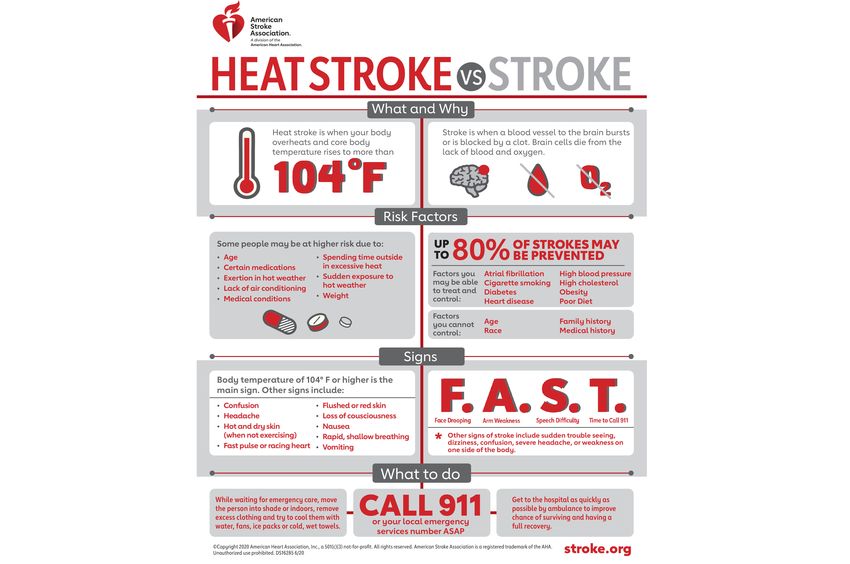
Doctors and surgeons are the highest-paid jobs in medicine. These jobs require extensive training and hard work. These jobs offer great benefits. These careers offer high levels of job security.
There are many more medical jobs than these that are considered the most highly-paid, but these are ten of the highest. If you are looking to make an impact on the world, the growth rate for the medical field is twice that of other fields, this career path is a good choice.
Physicians, pharmacists, as well as surgeons, are the top medical jobs. These professionals perform medical exams, prescribe medications, provide health screenings, and offer counseling to patients. They also use diagnostic imaging techniques that are still useful in diagnosing tumors and cancer. These professionals collaborate with other medical specialists to ensure that their patients get the best care.
Physician assistant is another option. These professionals often work in hospitals, or in medical offices. To work as a professional, you need to have a Master's degree. These positions offer fair salaries. In some states, physicians assistants are able to work independently while prescribing medications.

The highest paying medical positions offer high job security and a great deal of job security. Between 2020-2030, 36,500 new jobs are expected in the medical sector. Additionally, healthcare services demand is expected to grow by 45 percent. This is expected to lead to a workforce shortage of 65 million by 2030. A career as a medical assistant can be a great way for you to start a long and successful career in this field. Additionally, these positions offer great opportunities to increase retirement savings.
Another medical career to consider is phlebotomist. These medical professionals work in hospitals to perform medical procedures, such as drawing blood from patients. These doctors also offer immunizations, health screenings, and immunizations.
Physician assistants and respiratory therapists are just a few of the high-paying jobs in medicine. These jobs require a master’s level degree as well as licensure within the state. They can expect to earn an average salary of $89,000 each year.
For the sake of completeness, we also consider some of the lower-paying medical jobs. These include phlebotomists. These are some of the most sought-after medical positions and they offer a decent salary.
The anesthesiologist is one of the most highly paid medical professions. This professional provides anesthesia to patients, and their pay is on par with that of a surgeon. Their average salary is $461,080 a year, with male anesthesiologists earning more than female anesthesiologists.

Speech-language pathologists and occupational therapists are also top medical jobs. These professionals are responsible for medical procedures, as well as monitoring patients' blood pressure and heart rate. They can also give advice about healthy living.
Being a physician is a hard-working job that requires education. However, the rewards are great and the perks can be tangible.
FAQ
What are the services of health care?
A health-care service is a medical establishment that provides healthcare services to patients. A hospital is one example of a health care facility. It typically contains many departments such the emergency room, intensive care unit and operating room.
How can our health system be improved?
We can improve health care by ensuring that everyone is provided high-quality medical care, no matter where they are located or what their insurance status.
We should ensure that all children receive necessary vaccinations, so they don't develop preventable diseases like measles, mumps, and rubella (MMR).
We must continue to work towards reducing the cost of health care while ensuring that it remains accessible for all.
What is the distinction between public and private health?
Both terms refer to decisions made by policymakers and legislators to affect the delivery of health services. For example, the decision to build a new hospital may be decided locally, regionally, or nationally. Similar to the above, local, regional and national officials can decide whether or not to require employers offering health insurance.
What is a health system in public health?
The health system refers to all activities involved with providing medical services to a community. It includes service delivery and financing, regulation, education and training, as well information systems.
What is the difference in a doctor and a practitioner?
A doctor is a person who has successfully completed their training and is licensed to practice medically. A physician is a medical professional who specializes in one field of medicine.
Statistics
- Over the first twenty-five years of this transformation, government contributions to healthcare expenditures have dropped from 36% to 15%, with the burden of managing this decrease falling largely on patients. (en.wikipedia.org)
- Price Increases, Aging Push Sector To 20 Percent Of Economy". (en.wikipedia.org)
- The healthcare sector is one of the largest and most complex in the U.S. economy, accounting for 18% of gross domestic product (GDP) in 2020.1 (investopedia.com)
- Consuming over 10 percent of [3] (en.wikipedia.org)
- For instance, Chinese hospital charges tend toward 50% for drugs, another major percentage for equipment, and a small percentage for healthcare professional fees. (en.wikipedia.org)
External Links
How To
What is the Healthcare Industry Value Chain
The entire value chain of the healthcare industry includes all activities involved with providing healthcare services to patients. This includes all the business processes that occur within hospitals and clinics as well as the supply chains that link them to other providers, such as doctors, nurses, pharmacists or insurance companies. The end result is a continuum of care that begins with diagnosis and ends with discharge.
The value chain is made up of four major components:
-
Business processes - These are the tasks performed throughout the whole process of providing health care. A physician might order medication for a patient, then perform an examination. Each step along the way must be completed efficiently and accurately.
-
Supply Chains: All the organizations involved in making certain that the right supplies reach all the people at the appropriate time. One hospital may have many suppliers. This includes pharmacies and lab testing facilities as well as imaging centers and janitorial staff.
-
Networked Organisations - This is a way to coordinate all the entities. Most hospitals have multiple departments. Each department has its own office and phone number. The central point will allow employees to get up-to-date information from any department.
-
Information Technology Systems- IT is vital in ensuring smooth business processes. It is essential to ensure that business processes run smoothly. Without IT, everything would be a mess. IT is also a platform that allows for the integration of new technologies into the system. For example, doctors can use a secure network connection if they want to integrate electronic medical records into their workflow.